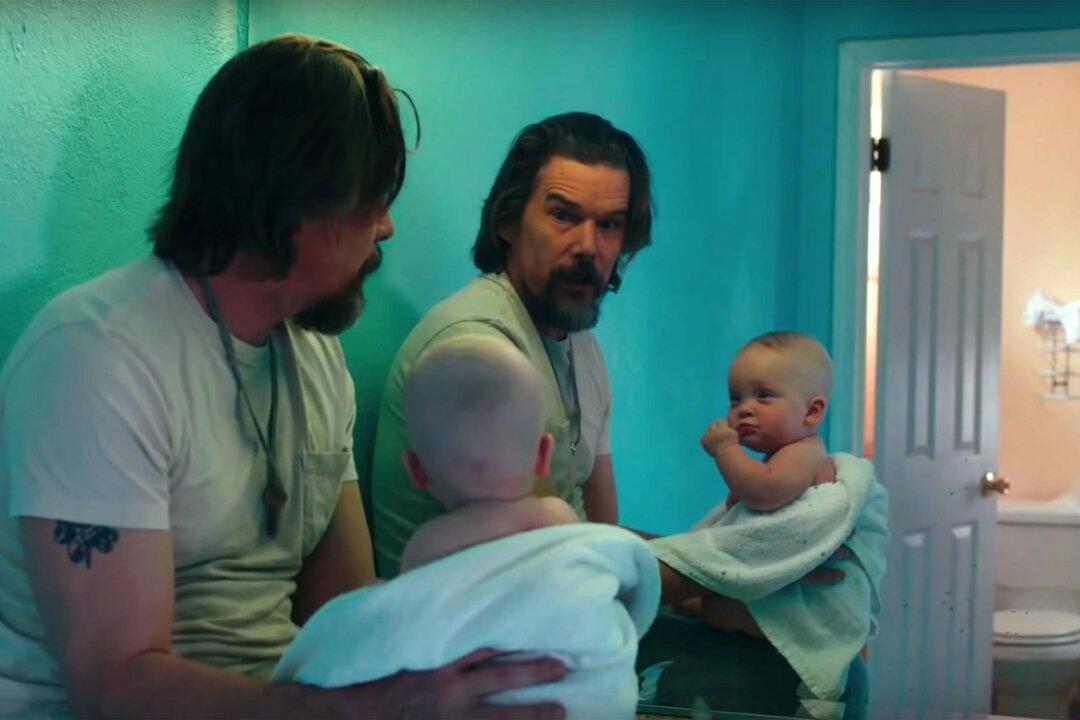NR | 1h 18min | Drama | 1 November 2019
“Adopt a Highway” is a haunting yet hopeful road movie that marks the directorial debut of Logan Marshall-Green. From the outset, we see that Marshall-Green and his superbly skilled crew have carefully studied the indie film ethos, as his equally nascent cinematographer Pepe Avila del Pino captures some poignant opening shots of a man being released from prison.






